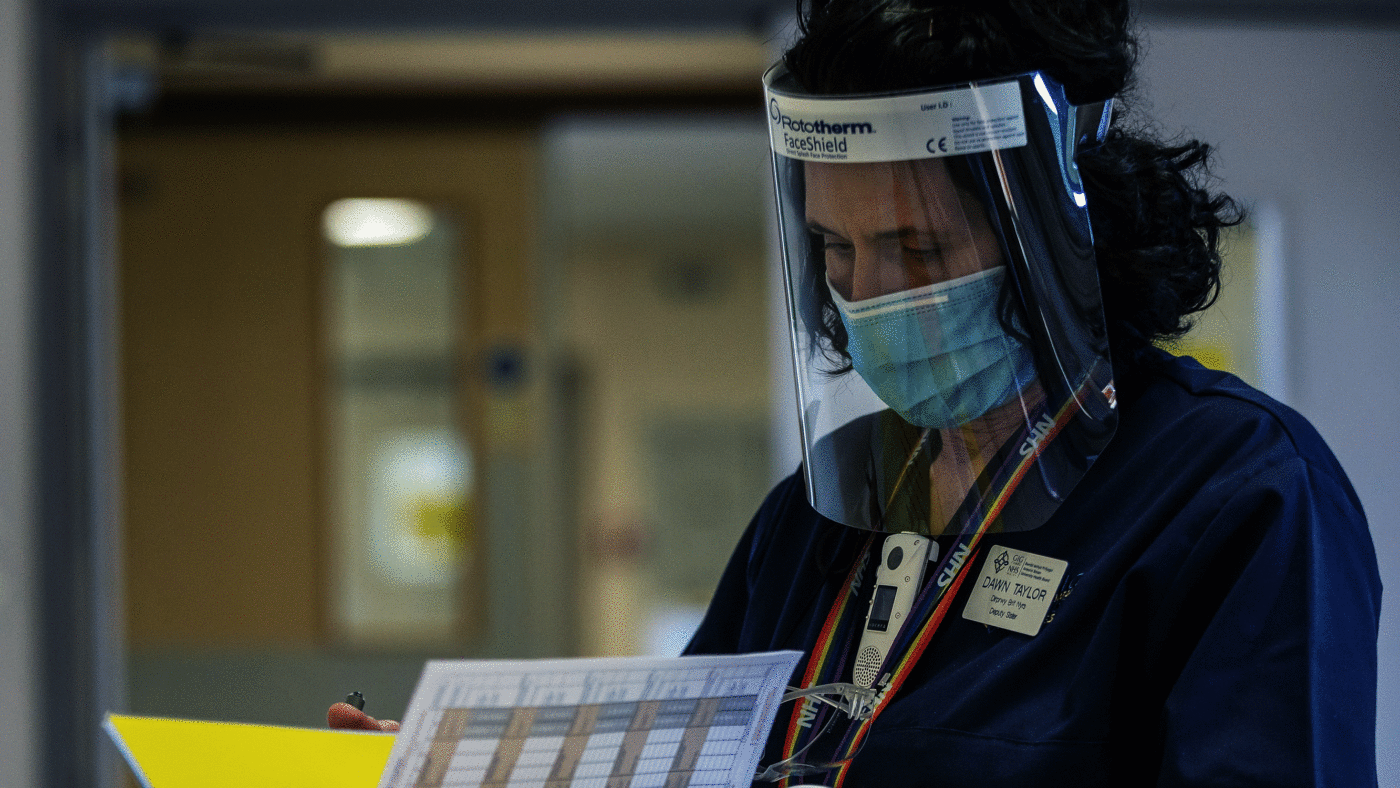ITV’s Robert Peston has understandably made a lot of audit reports showing ‘£8.7 bn of losses on PPE [personal protective equipment] in government accounts’. There is plenty more ammunition here too for those claiming that there was a ‘pandemic of waste and fraud’, ‘contracts for mates’, and ‘Tory sleaze’. The reality, though, is a little more nuanced.
Peston rightly notes that the Department of Health and Social Care (DHSC) has estimated that there has been a ‘loss in value of £8.7 billion of the £12.1 billion of PPE purchased in 2020-21’. But it would be wrong to attribute more than a small part of this accounting loss to ‘waste’ or ‘fraud’.
The biggest chunk – about £4.7 billion – represents an ‘adjustment to the year-end valuation of PPE due to the market price of equivalent PPE at the year-end being lower than the original purchase price’.
Peston suggests that this means the DHSC paid above the going rate at the time it bought the PPE. That is misleading, or at least unfair. To quote from the original audit report (p. 182),
‘In early 2020-21, disruption to the PPE market, coupled with an unprecedented spike in demand, resulted in huge inflation in the price of goods and intense global competition to secure scarce supplies. The PPE market had begun to stabilise by 31 March 2021.’
What’s more:
‘A significant diminution in value due to change in market price was acknowledged as a possibility at the point of purchase, but was necessary to secure the required supplies of these vital items during a time of global and national crisis.’
Put another way, it was better to secure some PPE at a higher price, than much less (or none at all) at a lower price. A similar point applies to complaints that the UK ‘overpaid’ to secure Covid vaccines.
The second largest chunk of the accounting loss – £2.6bn – is the writing down of the value of PPE which is not suitable for the original purpose, but might still be suitable for other uses. So at least some of this loss could be clawed back.
Of course, this still leaves £1bn or more of definite waste, and a significant element of fraud. It really should go without saying that any wrongdoing here needs to be taken seriously (much more seriously, judging by the resignation statement made by Lord Agnew.) But it is still worth asking whether any government, of any political stripe, could have done any better.
History is littered with examples of wasteful and occasionally fraudulent government spending, under both Labour and the Tories, in areas such as major IT projects and defence procurement. The numbers may only be bigger now because the Covid pandemic required such a large, rapid expansion of the role of the state and in public expenditure.
Nonetheless, the record on PPE adds to other evidence of weak controls on spending, including the extensive fraud in the furlough schemes, Eat Out to Help Out, and Covid loans.
This should help to lay to rest the myth that the Covid pandemic shows that the state can borrow and spend an enormous amount of money quickly and effectively, which has become a popular trope on the left. What may be necessary, or at least tolerable, in an extreme emergency is not the sort of model that should be retained in more normal times.
Click here to subscribe to our daily briefing – the best pieces from CapX and across the web.
CapX depends on the generosity of its readers. If you value what we do, please consider making a donation.


